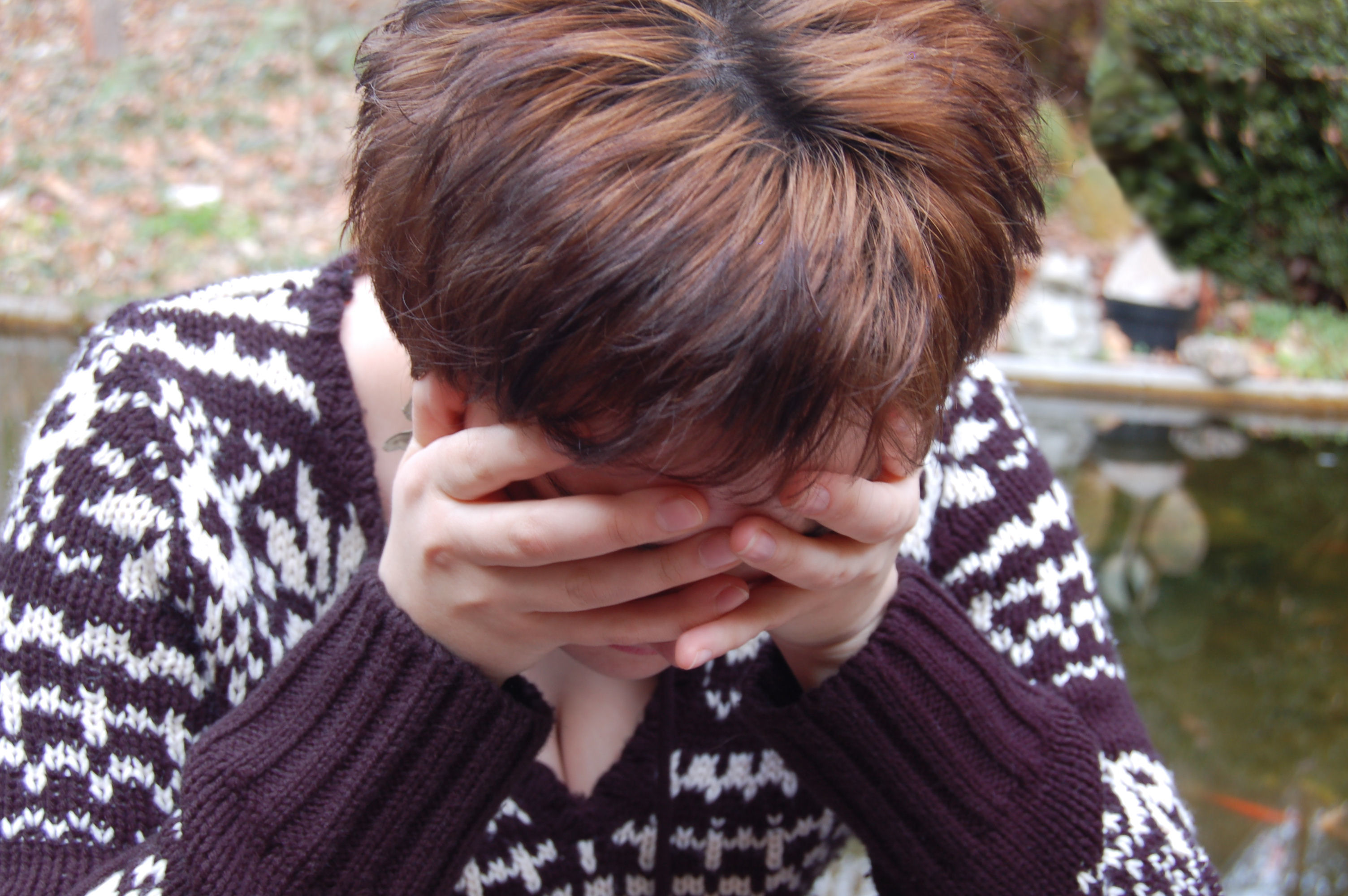
SUNDAY, Nov. 10 (HealthDay News) — Estrogen therapy after menopause may help reduce the memory problems associated with stress in some older women, a small new study suggests.
“Those higher levels of estrogen are related to less release of stress hormone after a stressful event,” said study researcher Alexandra Ycaza, a doctoral candidate in psychology at the University of Southern California.
Ycaza is scheduled to present the findings Sunday at the annual meeting of the Society for Neuroscience, in San Diego.
The use of hormone-replacement therapy after menopause declined sharply in the United States after a clinical trial looking at estrogen and progestin therapy was halted in 2002. The researchers found that the benefits (reductions in colon cancer, hot flashes and hip fractures) were outweighed by the risks (heart attack, stroke and blood clots).
Many experts recommend women in menopause take the lowest dose of hormone therapy possible for the briefest time only if they are having bothersome symptoms.
For the study, Ycaza evaluated women who were part of a larger study that looked at the differences between taking hormone-replacement therapy soon after menopause versus later, as well as the therapy’s effect on the cardiovascular system. That study assigned women to one of two groups — those taking hormone replacement and those not — and then followed them for nearly five years. For her research, Ycaza focused on 42 of these women.
In random order, she exposed them either to a stressful situation — putting their hand in ice water for three minutes — or a non-stressful situation. During each of the sessions, she measured levels of estrogen and the stress hormone cortisol.
After each situation, the women took tests to gauge their working memory, such as remembering lists of words while reading sentences and making decisions on whether sentences were grammatically correct.
Ycaza looked at the performance and then looked to see if estrogen and cortisol levels were a factor. “Our women in the bottom level [of estrogen] showed a decrease in the number of words they could remember after the stress [situation],” she said.
They remembered about 50 percent of the words after being stressed. “If they are not being stressed, they remember about 60 percent.”
The higher-estrogen women remembered 55 percent of the words each time, whether stressed or not before the test.
The cortisol levels of the lower-estrogen women doubled from before the stressful exposure to after. The cortisol levels in the higher-estrogen women increased very little after the stressful exposure.
It wasn’t known in the new study which women were taking hormone-replacement therapy. The research did not prove a cause-and-effect relationship between a woman having higher hormone levels and not having a reduction in memory.
Older women can turn to other approaches besides hormone therapy to protect memory, said Dr. James Burke, director of the Memory Disorders Clinic at Duke University Medical Center, in Durham, N.C. Burke was not part of the study.
“Research generally supports daily exercise, intellectual stimulation, social engagement and a Mediterranean diet,” Burke said.
“The results are intriguing, but the study was small,” he said. The ice-water plunge, he added, “is not the same as real-life stressors.”
Another expert said hormone treatment would only be viable for certain women.
“The established risks of hormone-replacement therapy for the average post-menopausal woman are not worth the potential benefits,” said Dr. Gary Kennedy, director of geriatric psychiatry at the Montefiore Medical Center in New York City, who reviewed the study findings. “However, for that minority of women who are experiencing severe symptoms, it is worth the risk to maintain function.”
Exercise would help women withstand the effects of stress, he said.
The study received funding from the U.S. National Institute on Aging. Because it was presented at a medical meeting, the conclusions should be viewed as preliminary until published in a peer-reviewed journal.
More information
To learn more about hormone therapy studies, try the U.S. National Institutes of Health.
Copyright © 2026 HealthDay. All rights reserved.

